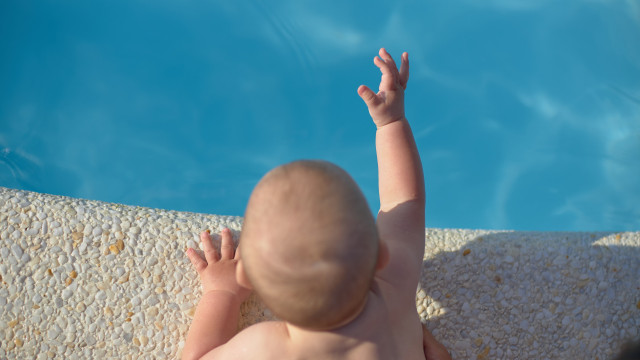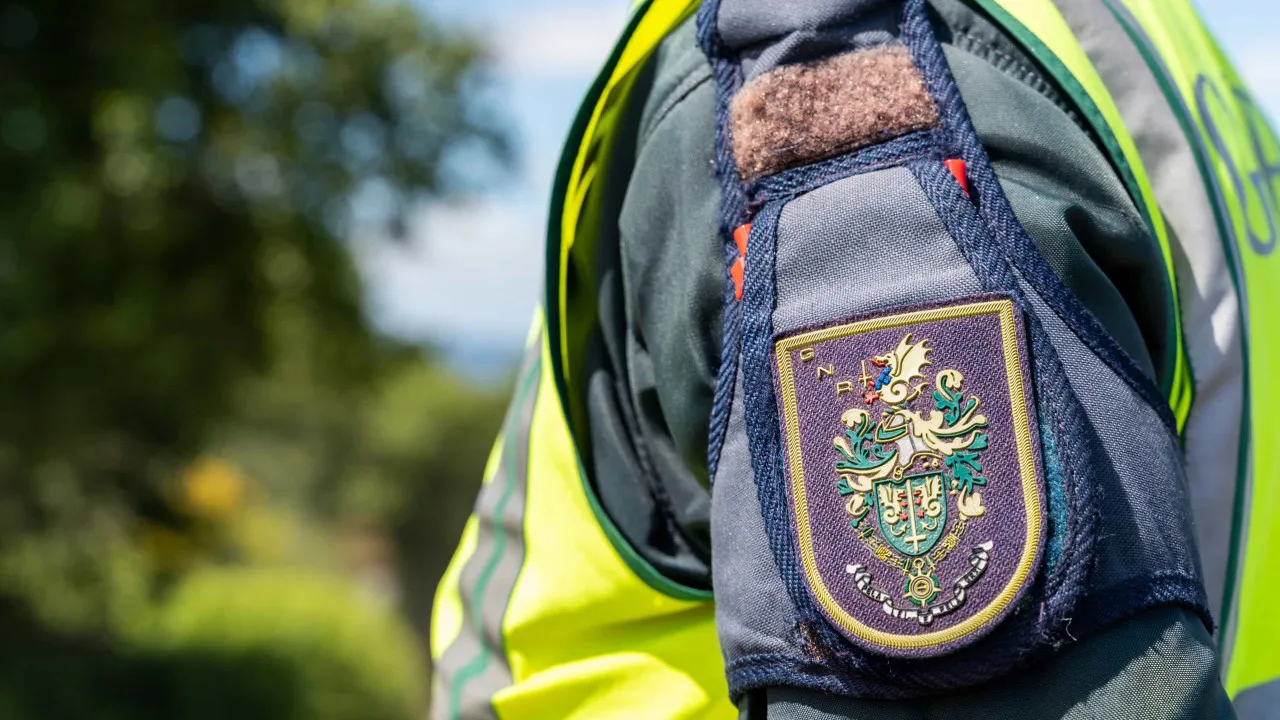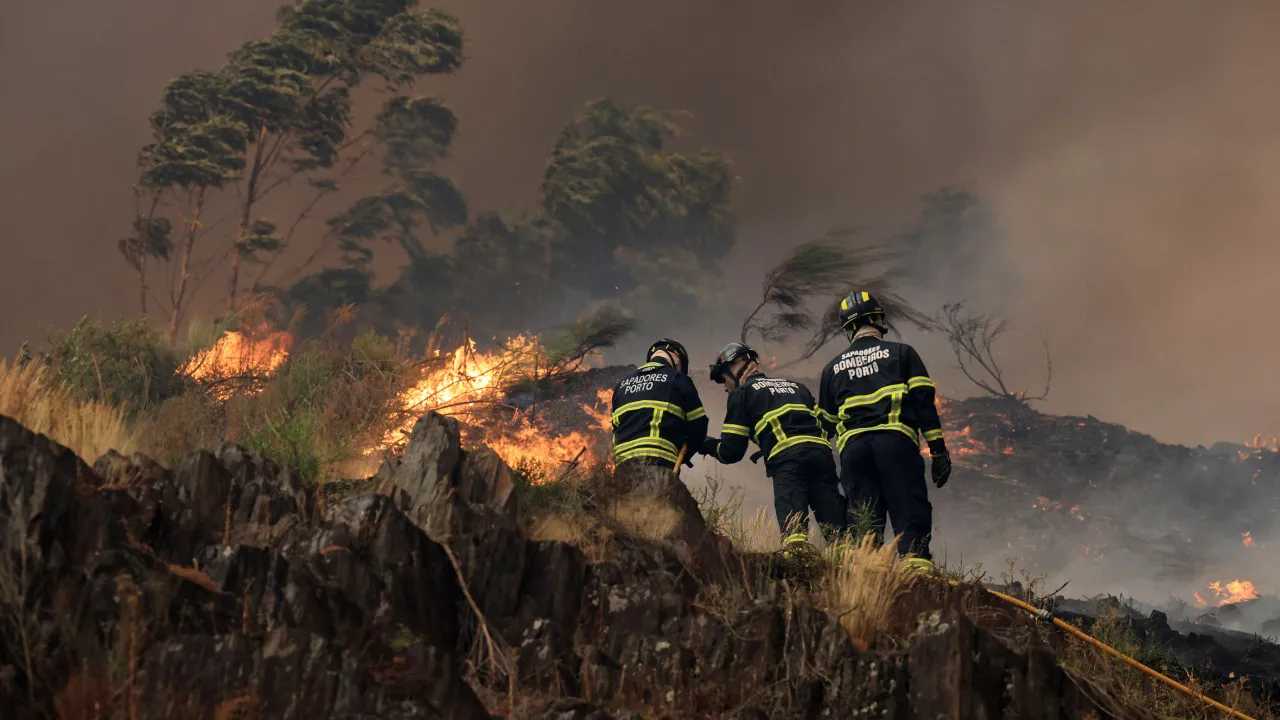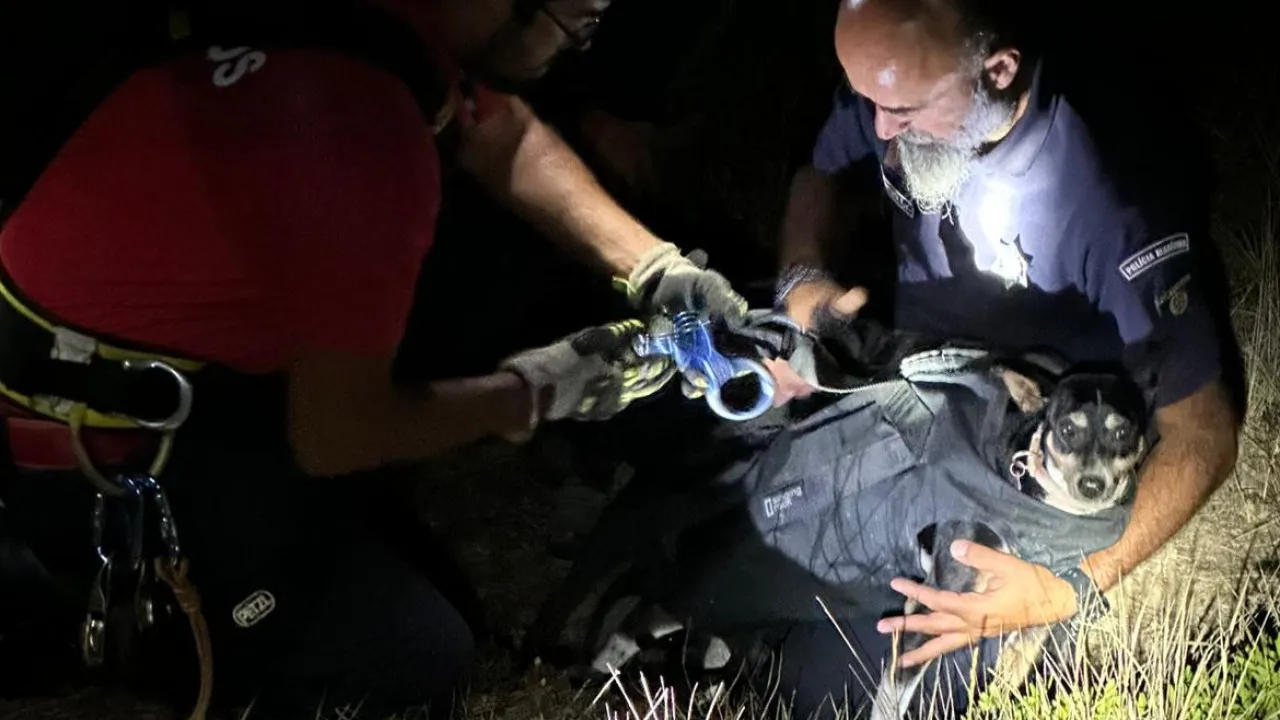This Friday, July 25, marks World Drowning Prevention Day, with various shares on social media by entities such as the Serviço Nacional de Saúde (SNS) and the Polícia de Segurança Pública (PSP).
“Death by drowning has a profound impact on families and communities, being one of the leading causes of death worldwide,” writes the PSP in a Facebook post, adding: “According to the World Health Organization, in the last decade, 3 million people have lost their lives due to drowning, 43% of whom were children aged 14 or younger.”
Emphasizing that attention “can save lives” and highlighting the importance of mutual assistance, the authorities note that most drownings occur “in unsupervised places – rivers, lakes, wells, swimming pools, and reservoirs.”
As such, the PSP offers several recommendations: Always watch children, even in shallow water, avoid swimming alone or in unsupervised places, respect flags and signs, and in case of emergency, call 112.
The SNS also notes on the social media platform X (formerly Twitter) that “anyone can drown, but prevention is possible,” offering tips such as learning to swim, using lifebuoys or vests, and swimming in supervised locations.
Anyone can drown, but prevention is possible:
️ Learn to swim
Use lifebuoys or vests
Swim in supervised locations
Prevention depends on each of us!#Saúde #SNS #Afogamento pic.twitter.com/PUve7S63MQ— SNS_Portugal (@SNS_Portugal) July 25, 2025
In another post, experts warn that potential drownings can happen at any time and alert to various signs that should be noted, as follows:
- Apparent difficulty in swimming and staying afloat, with frantic movements as if trying to grasp something;
- Head may become submerged, and the face turns pale or bluish;
- Vertical hand movements, slightly pressing the surface of the water (as if climbing a ladder);
- Circular and backward movements, with arms extended to the side.
Statistics in Portugal
On the past 10th, a report by the Associação para a Promoção da Segurança Infantil (APSI) indicated that 10 children drown annually in Portugal. The data pointed out that children aged 0 to 4 are the most likely to drown in pools.
Over the past 13 years analyzed by APSI, on average, 10 children have died annually from drowning, and 21 have been hospitalized. The highest number of drowning deaths occurs in the age group 15 to 19 years, and the highest number of hospitalizations in the age group 0 to 4 years.

A report by the Associação para a Promoção da Segurança Infantil reveals that 10 children die from drowning each year. Children aged 0 to 4 are most likely to drown in pools.
Andrea Pinto | 07:50 – 10/07/2025
Besides deaths from drowning, 650 hospitalizations are also recorded annually, meaning that for every child who dies, approximately 2 are hospitalized (total over 22 years).
In terms of patterns of occurrence, most victims are male, and pools, particularly private ones, are where most drownings happen. There has been an increase in drownings in natural water bodies like rivers and beaches.




